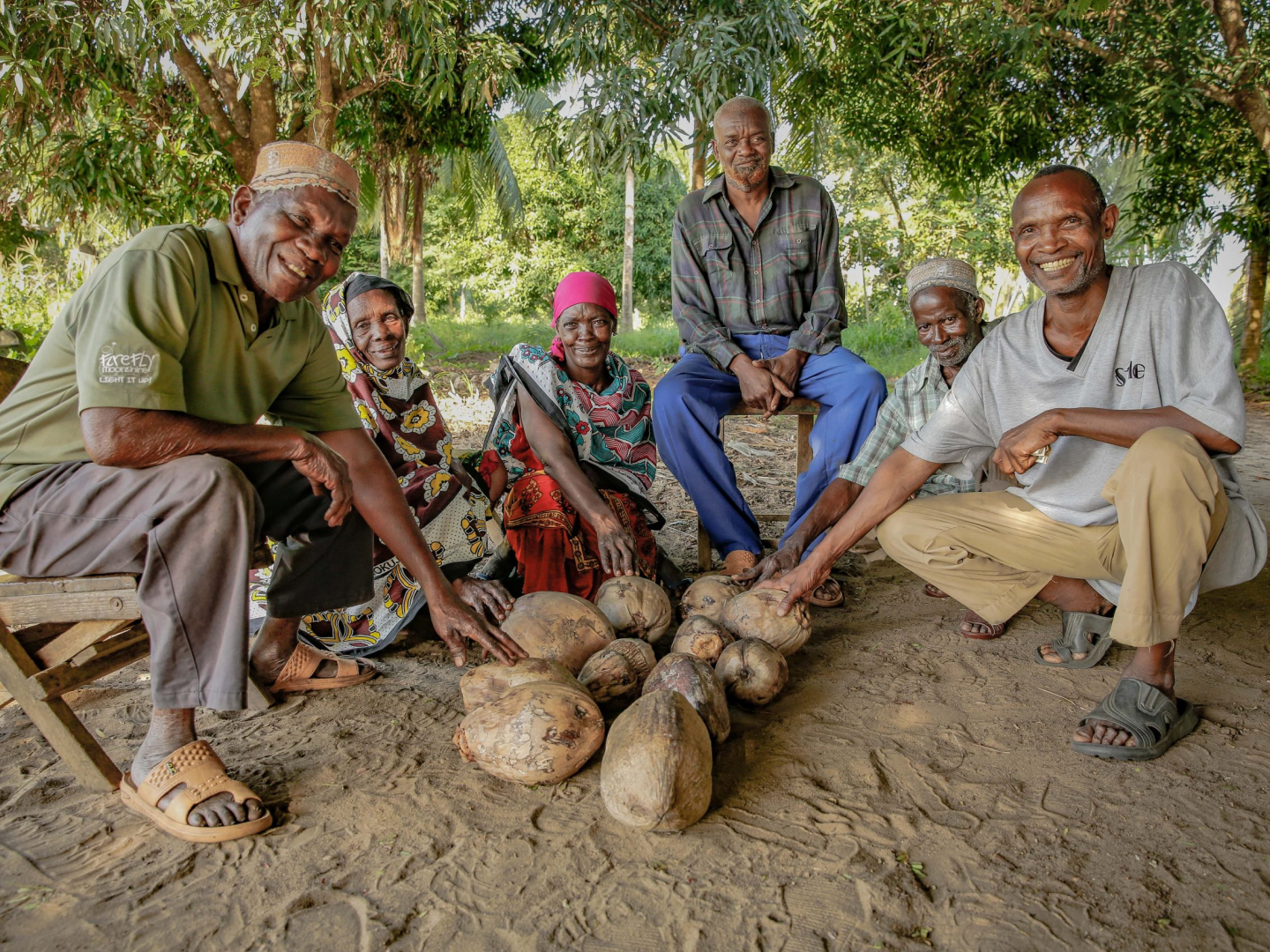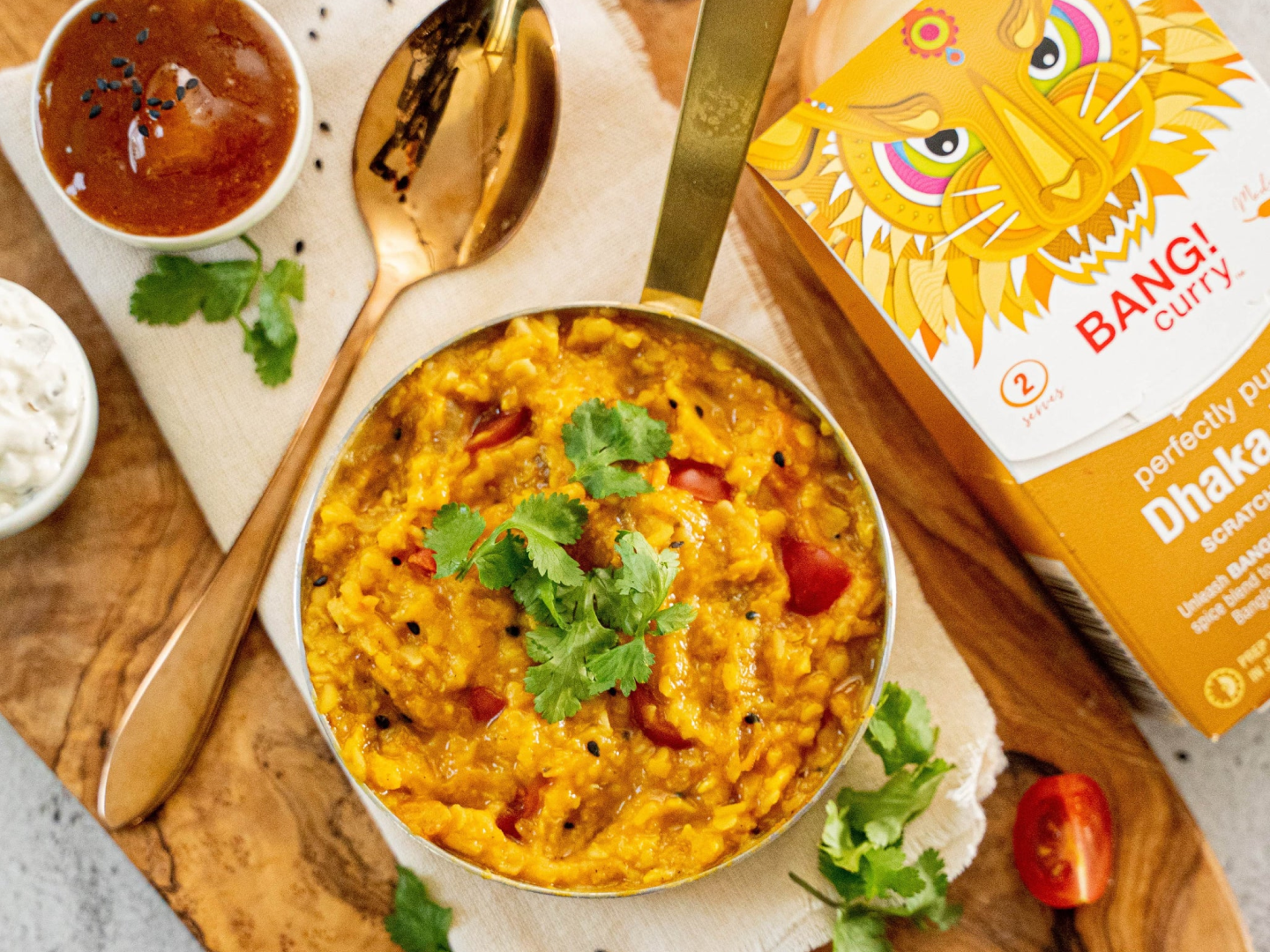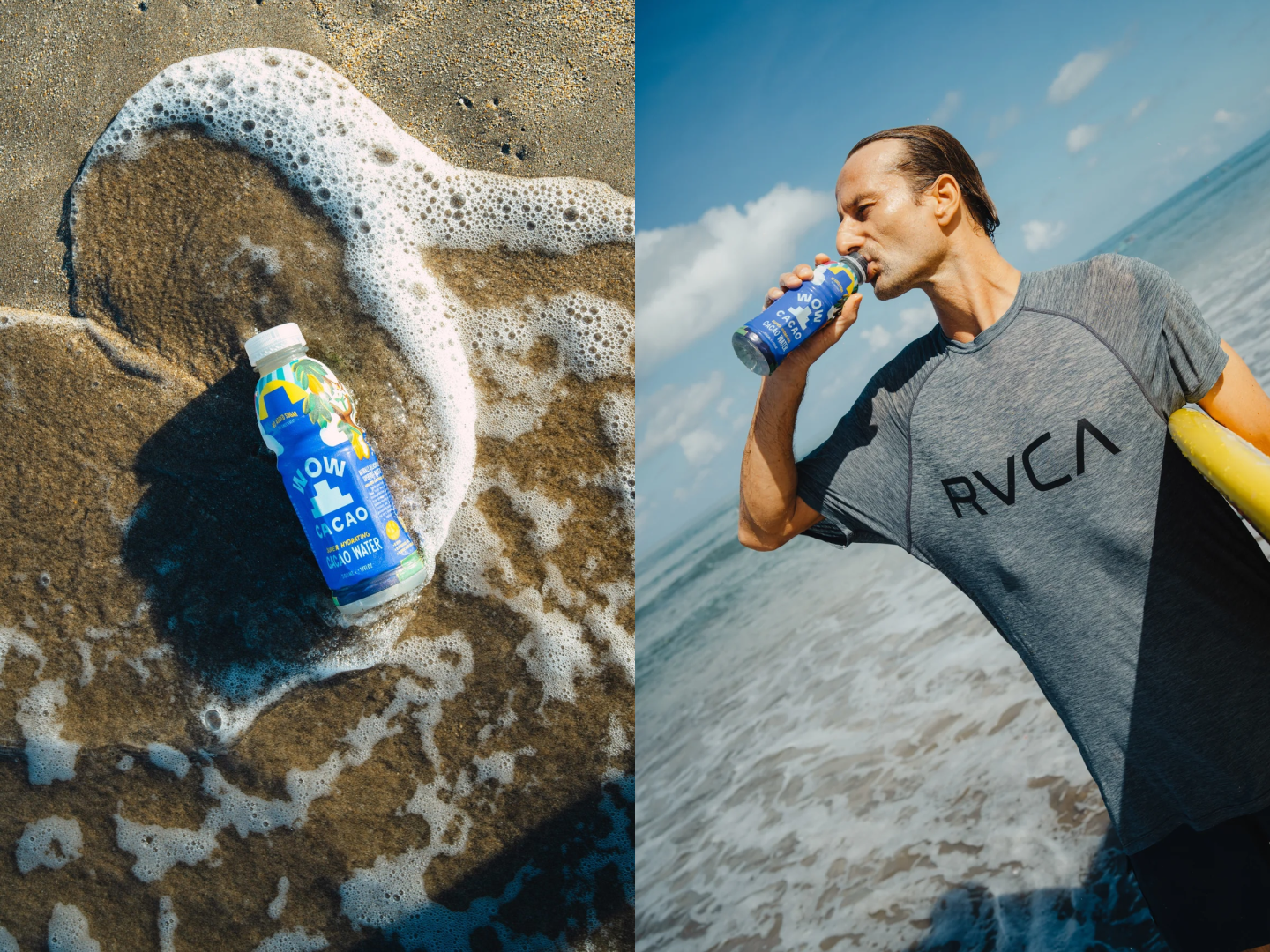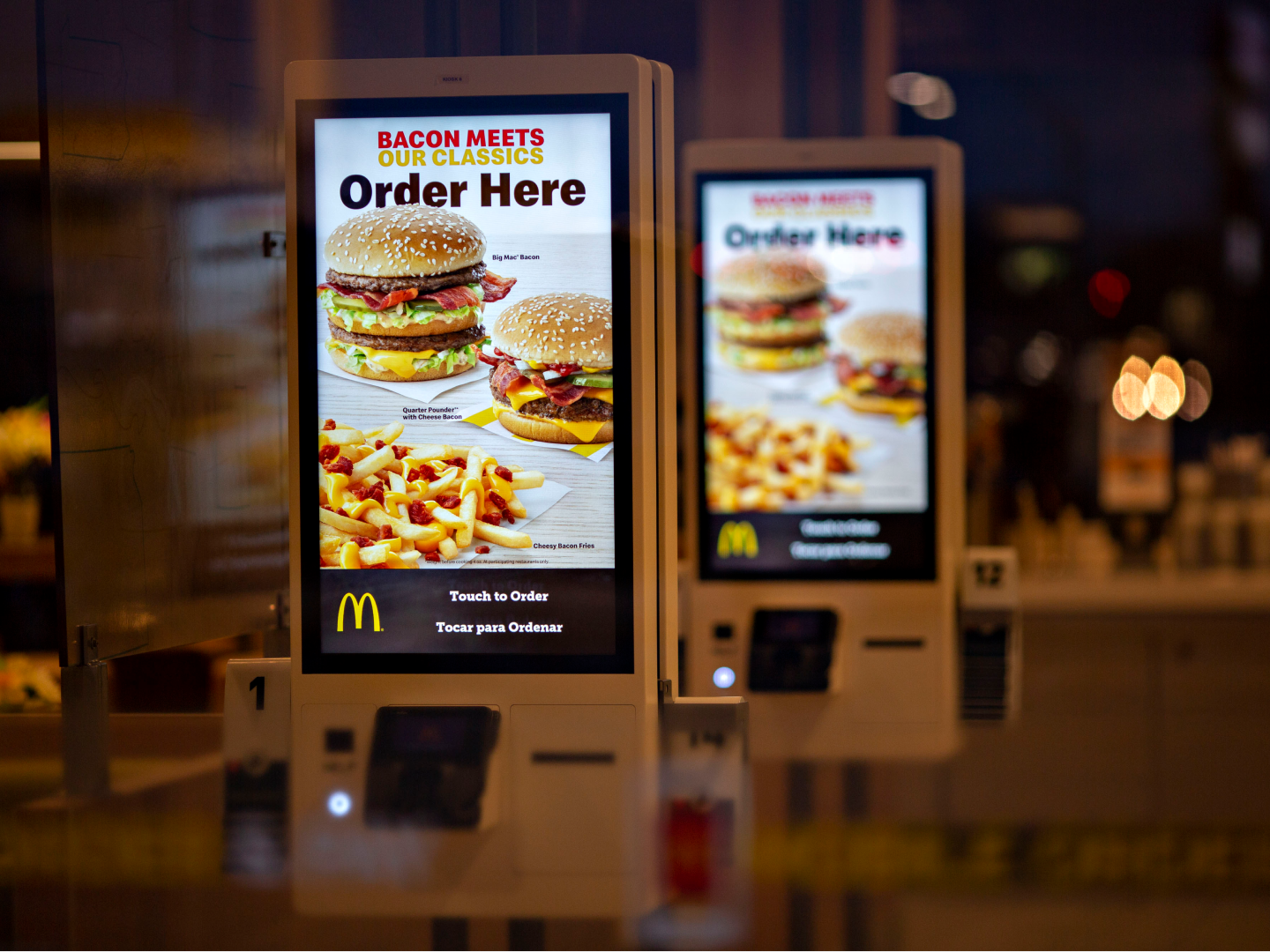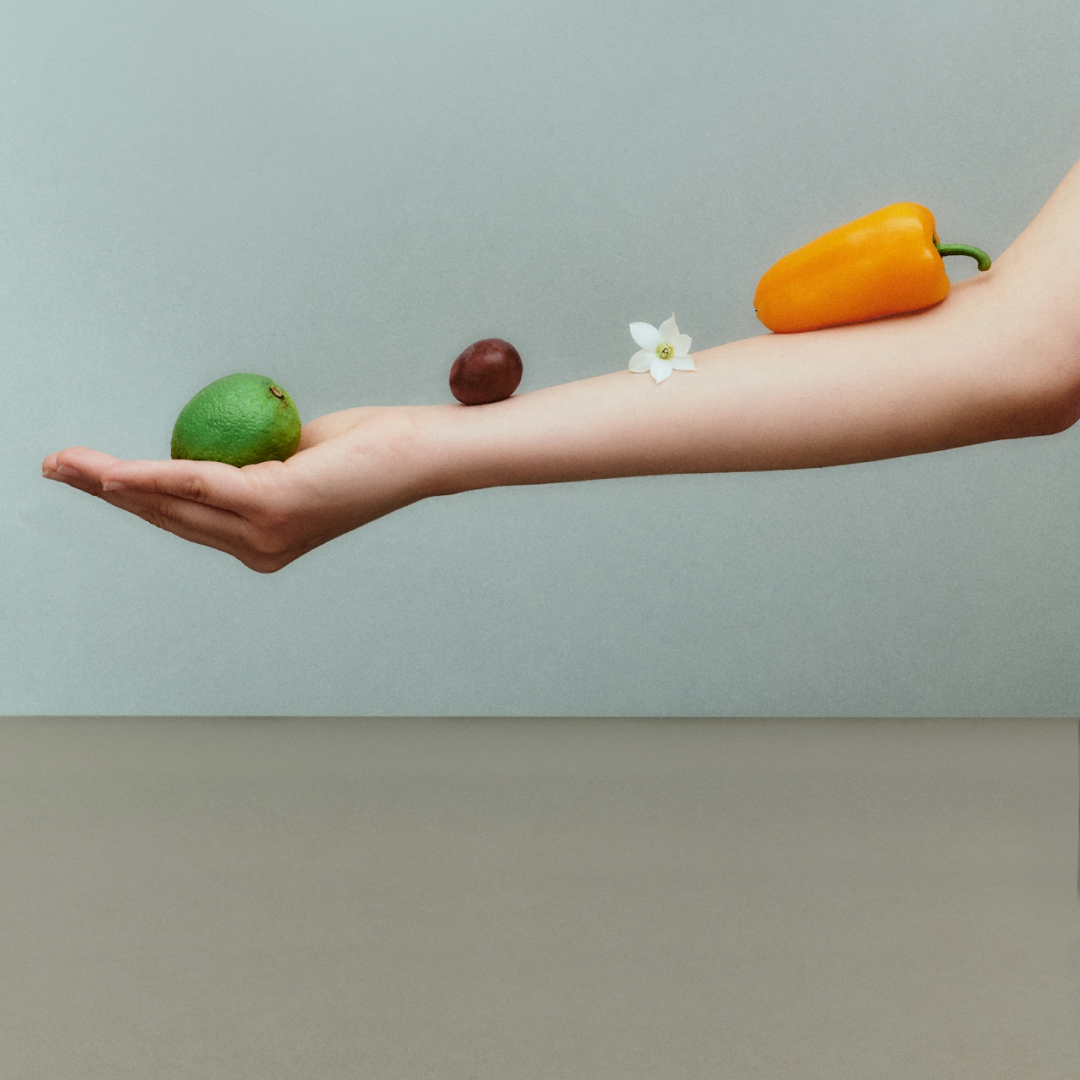
London’s International Food & Drink Event (IFE) hosted a range of global and disruptive players from future food, drink, manufacturing, dispensing, and hospitality. With exhibitors from over 50 countries, the event featured pavilions from Turkey, Thailand, France, Sri Lanka, China, Ecuador, Hungary, and Cyprus, among others. Showcasing some of the yummiest, authentic, and innovative ingredients in the ever-growing F&B market.
We came away full of treats, insights, and ideas. Here we share four themes from the event that sparked our interest.
